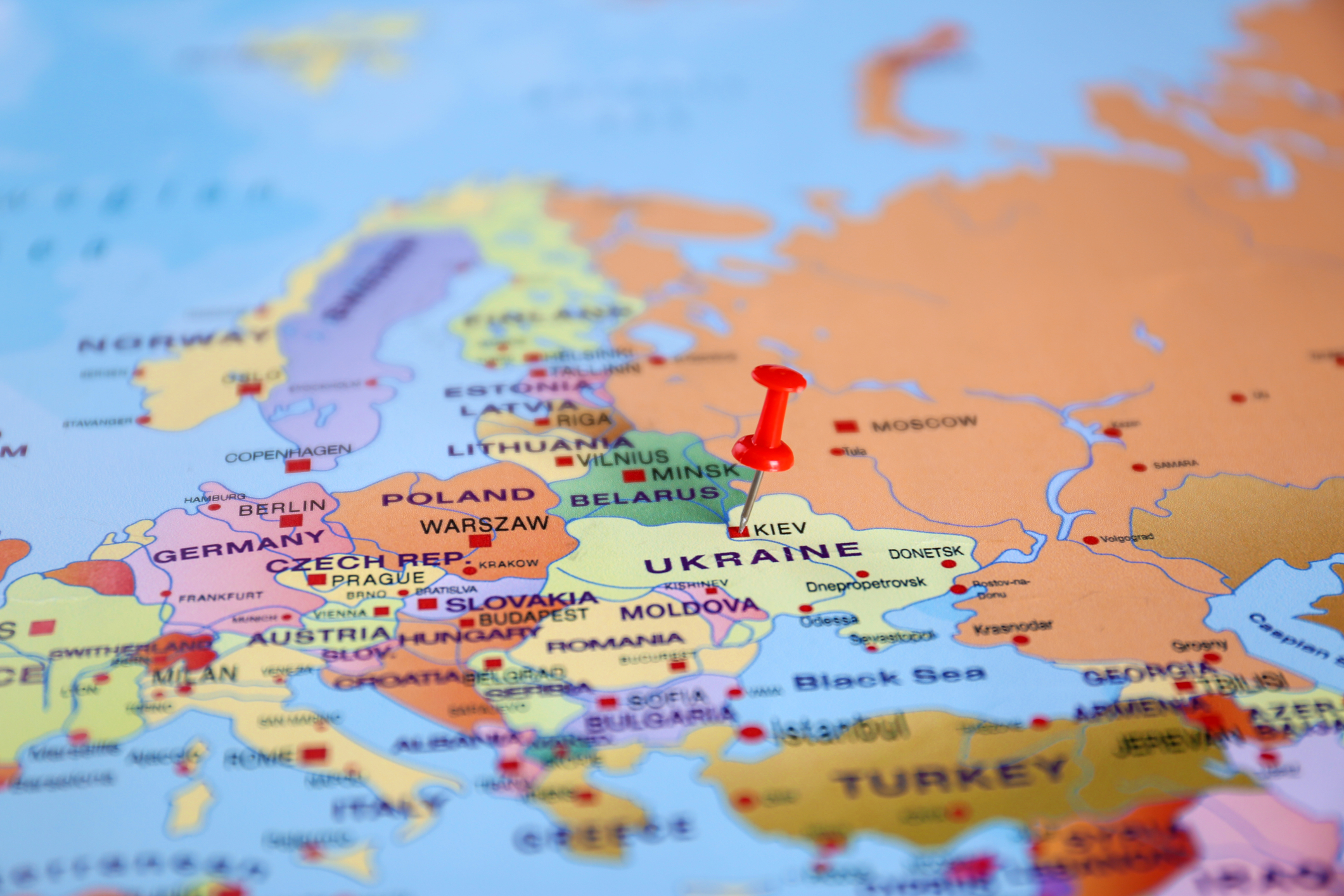By Robbin Laird
When it comes to crisis management and war termination, the United States faces a fundamental challenge: what are our strategic objectives and how do we achieve them in a world where so much is changing?
I recently discussed this challenge with my colleague Dr. Paul Bracken of Yale in terms of the Ukrainian war. The President of Ukraine has clear objectives, namely, the complete recovery of Ukrainian territory including Crimea and expects the United States and the Western allies to bankroll it and presumably accept Ukraine into the EU and NATO.
But is the United States and Europe willing to support whatever the risks are entailed in Ukraine’s strategy? With Russian leadership and Ukrainian leadership driving the strategic change which will shape the next European order, what is the interest of the United States in what the next major change in the European order exactly?
According to Bracken, this kind of question is not likely to be asked with a policy horizon of one week. He noted that “when in a crisis, policy makers tend to stretch out the decisions and take small steps. They don’t consider the strategic options of the path being generated by these small incremental moves.”
He noted with regard to Vietnam: “President Johnson crafted a masterful manipulation of force in Vietnam and of politics at home until he was trapped by his own policies and rhetoric into a strategy which would fail.”
He described this “going to work and carrying forward last week’s efforts into the future.” Why did the Vietnam War or Afghan War go too long? “Because nobody in Washington could figure out a way to do it differently. Policy makers came into work every morning and did what they did the day before. Even though the policy was not working, except in a sort of one week by one week basis, until the whole effort collapsed.” That’s Saigon’s collapse in 1975 and Kabul’s in 2021.
With regard to the war in Ukraine, the Biden Administration is moving incrementally, and the questions considered beyond bankrolling the arms to Ukraine are which weapons to give them. The question becomes as Bracken puts it: “what kind of artillery to give to the Ukrainians? What is the cutoff line and range of missiles?”
Then there is the question of allies and what exactly the relationship between what specific allies are doing and what might be the long-term objectives for the United States. Bracken noted: “your allies give you almost as many problems as the enemy. This was certainly true in the Korean War and the Vietnam War to mention two cases.”
This is particularly true when European states face a future of rebuilding Ukraine and ensuring that they can defend themselves with declining weapons inventories, face the prospect of WMD being used, facing energy challenges which are made doubly difficult by the escape from geopolitical realities of energy policy, and with an EU in fundamental transition determining whether they really want a state like Ukraine in the European Union.
European states are all over the policy map on these issues, and no amount of assertion by the White House that they are leading Western unity on the war or a future policy towards Russia removes this reality of divergence with allies.
The war is part of a significant strategic shift. As Bracken put it: ”The world is moving to its more normal form, which is multipolarity. And we, the United States don’t like that. Because we’re used to being in a bipolar or unipolar system – with us in charge. What we’re actually fighting is structural change in world politics which is a far more demanding objectives that we don’t think about or talk about.”
Without the United States, Ukraine cannot fight this war. What happens next is not simply up to the Presidents of Ukraine or Russia. And certainly, a policy process which focuses on a short-term weekly perspective will not provide a strategic perspective for shaping the next European order or the global policy of dealing with the coalition of authoritarian powers.
There is a very large question posed by nuclear weapons in all of this. Russian territory will operate as a sanctuary which the West has little interest in compressively attacking for fear of triggering WMD use in Ukraine, with chemical weapons being the low hanging fruit here. If we go to the Pacific and note that the Chinese use their territory to launch their force out into the first and second island chains, how willing is one to attack their territory in light of their nuclear build up?
The war in Ukraine is about the dynamics of global change and neither the objectives of Zelenskyy nor Putin answer the question of the American interest. This requires a longer view to inform current policy options and choices.


